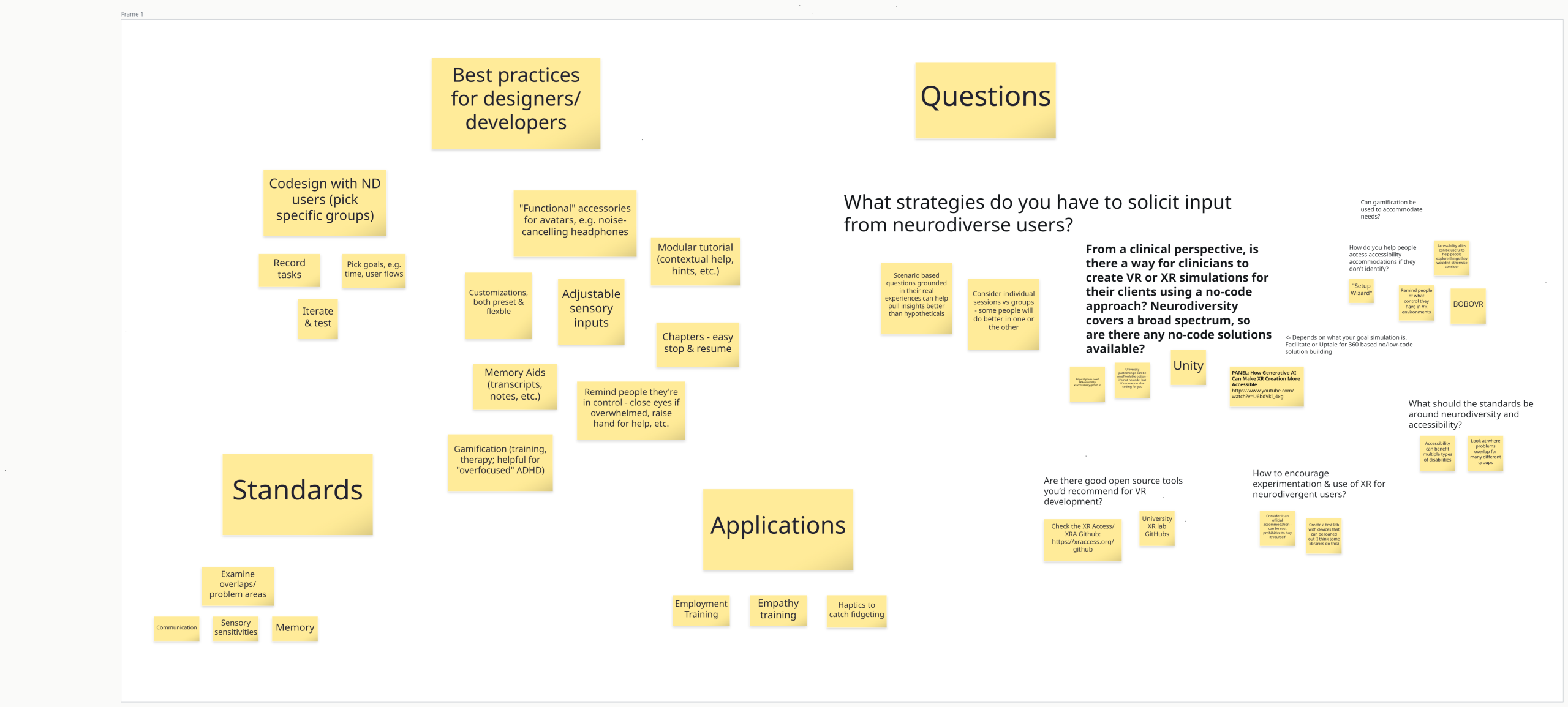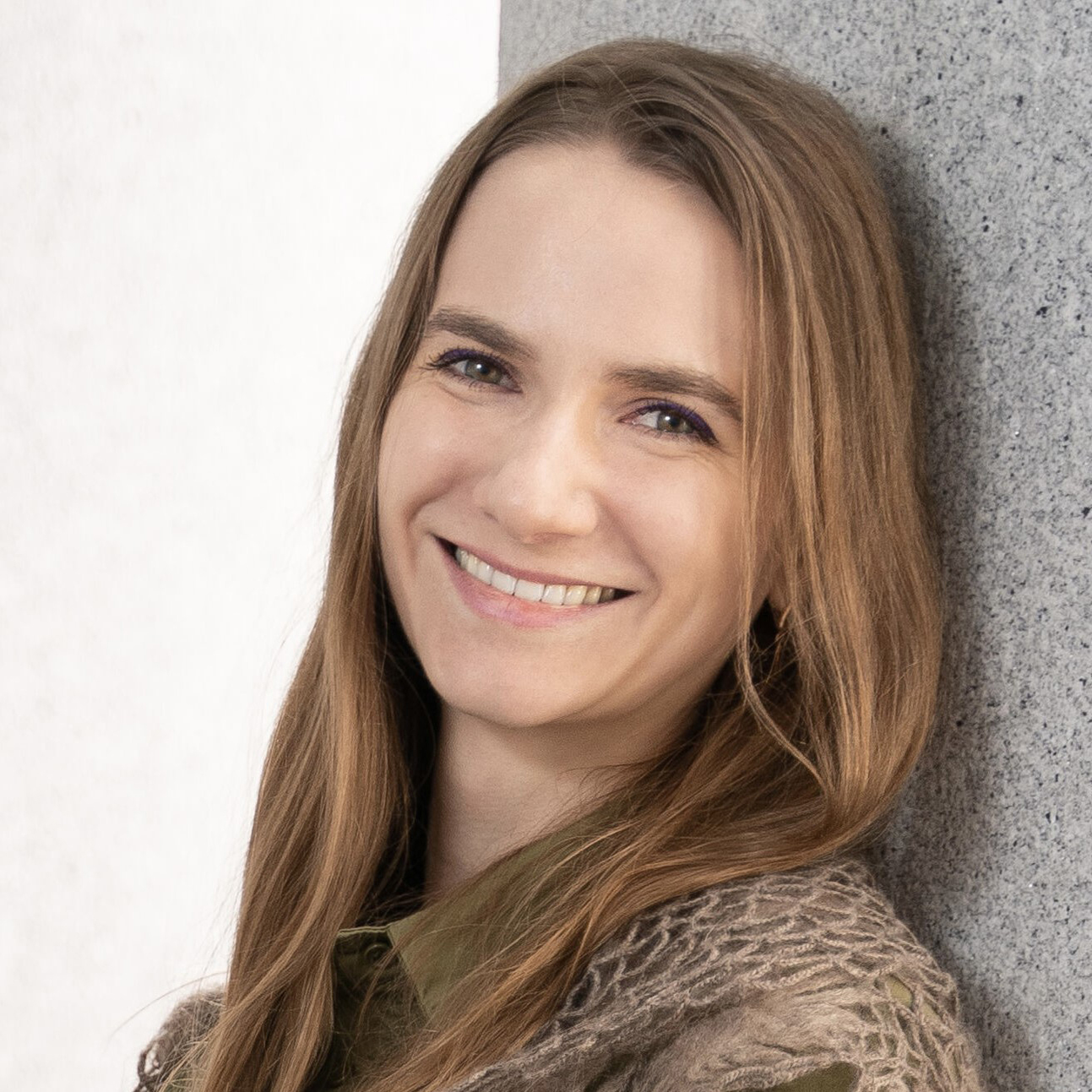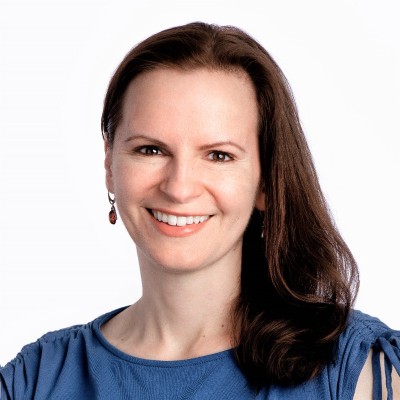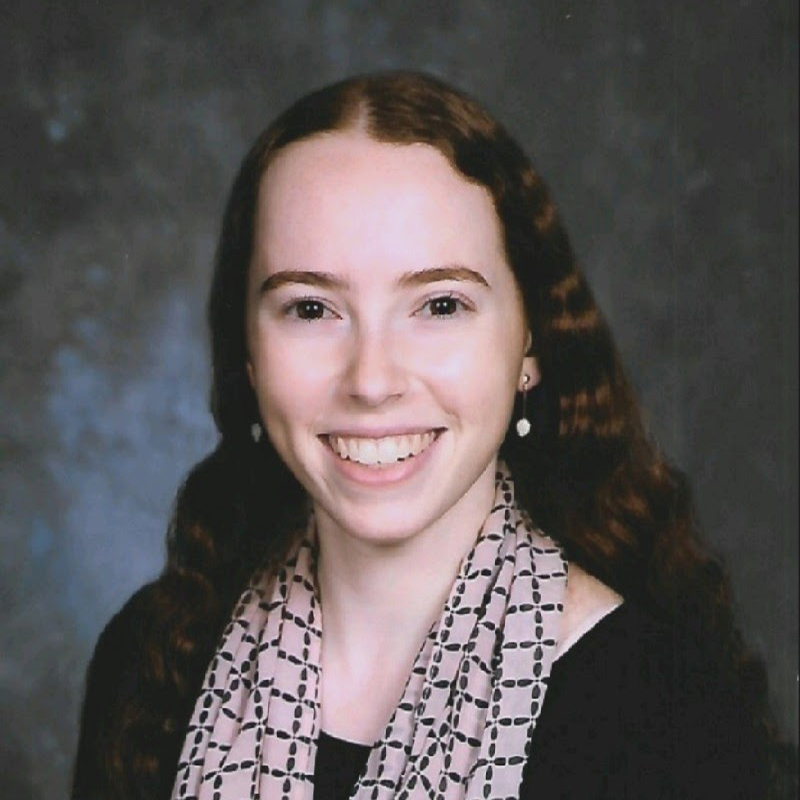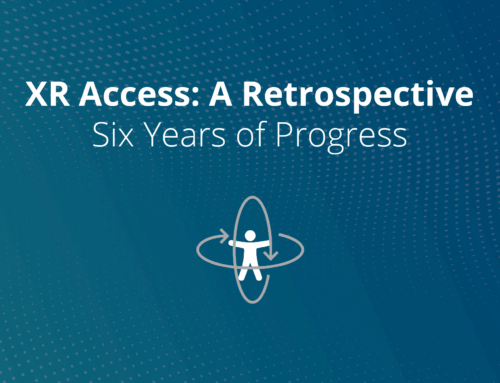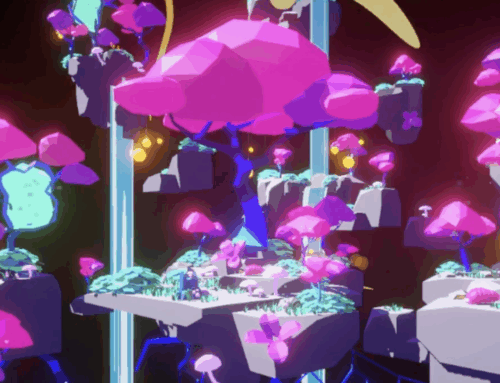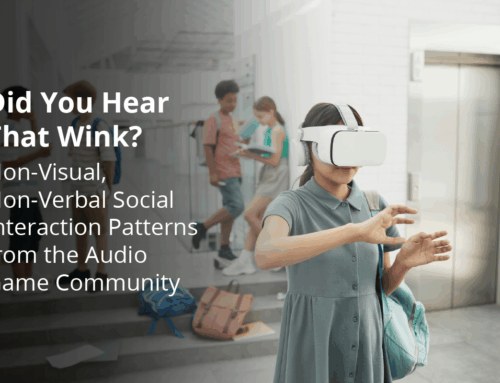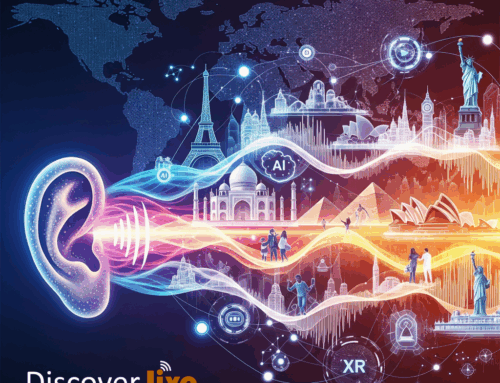September 24, 2024
Join us for a community discussion hosted by XR Access and the XR Association in which you, our esteemed community, can take on some of the biggest challenges in XR accessibility. This time: Neurodiversity. What are the potential sensory, task, and interaction challenges neurodivergent VR users face? What design strategies can VR applications employ to be more accessible to neurodivergent users?
With featured speakers Olga Ivanova, Kate Kalcevich, and Jazmin Collins join us in paving the path forward for neurodiversity accessibility in VR!
If you require accessibility accommodations such as American Sign Language interpretation, please email info@xraccess.org no fewer than 72 hours before the event.
Event Details
Date: September 24, 2024
Time: 10am – 11:30pm PT / 1pm-2:30pm ET
Location: Zoom
Whiteboard Text
Best Practices for Designers/Developers
- Codesign with neurodiverse users
- Pick specific groups
- Pick goals, e.g. time, user flows
- Record tasks
- Iterate and test
- “Functional” accessories for avatars, e.g. noise-cancelling headphones
- Modular tutorial
- Contextual help
- Hints
- Customization, both preset and flexible
- Adjustable sensory inputs
- Chapters – easy stop and resume
- Memory aid (transcripts, notes, etc.)
- Remind people they’re in control: close eyes if overwhelmed, raise hand for help, etc.
- Gamification
- Training, therapy
- Helpful for “overfocused” ADHD
Standards
- Examine overlaps/problem areas
- Communication
- Sensory sensitivities
- Memory
Applications
- Employment training
- Empathy training
- Haptics to catch fidgeting, help people mask if desired
Questions
- What strategies do you have to solicit input from neurodiverse users?
- Scenario based questions grounded in their real experiences can help pull insights better than hypotheticals
- Consider individual sessions vs groups – some people will do better in one or the other
- From a clinical perspective, is there a way for clinicians to create VR or XR simulations for their clients using a no-code approach? Neurodiversity covers a broad spectrum, so are there any no-code solutions available?
- Unity
- University partnerships can be an affordable option – it’s not no code, but it’s someone else coding for you
- XR Access GitHub
- Panel: How Generative AI Can Make XR Creation More Accessible
- Depends on what your goal simulation is. Facilitate or Uptale for 360 based no/low-code solution building
- Can gamification be used to accommodate needs?
- How do you help people access accessibility accommodations if they don’t identify?
- “Setup wizard”
- Accessibility allies can be useful to help people explore things they wouldn’t otherwise consider
- Remind people of what control they have in VR environments
- Bobo VR – accessories for e.g. equipping a headset without directly touching skin
- What should the standards be around neurodiversity and accessibility?
- Accessibility can benefit multiple types of disabilities
- Look at where problems overlap for many different groups
- How to encourage experimentation & use of XR for neurodivergent users?
- Consider it an official accommodation – can be cost prohibitive to buy it for yourself
- Create a test lab with devices that can be loaned out – some libraries may do this

